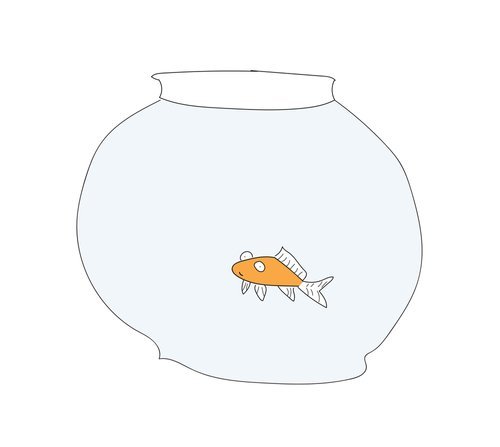Some thoughts, inspired by the class of 2025, on the challenges and opportunities of the moment.
Last Monday, I had the privilege of attending the Commencement ceremony at Washington University in St. Louis, where I serve as dean of the School of Public Health. I have long felt that graduation is the happiest day of the academic year, an enduring source of inspiration and joy. Coming together as a community to recognize the achievements of our graduates always ends the academic year on a hopeful note.
That perhaps fits uneasily in times of challenge and disruption, such as the current moment. It has been a disorienting few months. The election of a new administration has led to an array of proposed changes, some countermanded shortly after being introduced, some leading to court challenges and stays that change little but leave a policy Damoclean sword hanging over a lot of the work we do. Some of these actions directly affect what we do both in the academic world and in a world where we are aspiring to promote the health of populations. While I have written about where I see these policies endangering the health of populations, I also have tried hard to keep an open mind about the remit that should be afforded any administration to implement the agenda it feels it was elected to pursue.
Read more here



